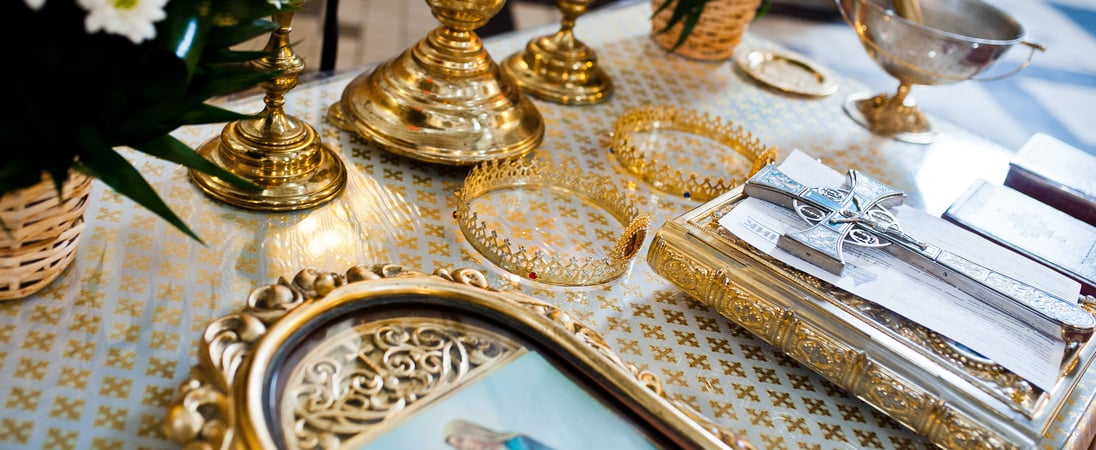
Corpus Christi
Corpus Christi celebrated on the Thursday following Trinity Sunday, marks a special day for many Christians around the world.
It is a day to honor the tradition of Holy Communion, which commemorates Jesus Christ’s Last Supper. While it is traditionally celebrated on a Thursday, in some places, it may shift to the following Sunday to allow more people to participate.
The celebration is significant because it focuses on the belief in the real presence of Jesus Christ in the Eucharist, which includes the bread and wine consumed during Communion services.
This belief is central to the faith of many Christians, who view this sacrament as a profound expression of Jesus’ love and sacrifice. Corpus Christi is not just a time for church services but also includes processions and community gatherings, underscoring the joy and reverence of the occasion.
The day is also an opportunity for believers to show their faith publicly and reflect on the importance of Jesus in their lives.
It serves as a reminder of the enduring presence of Christ among his followers and offers a chance to celebrate this mystery with joy and thankfulness.
How to Celebrate Corpus Christi
Celebrating Corpus Christi can be a delightful mix of tradition and modern creativity. Here are some playful suggestions on how you can make this feast day uniquely special:
Join a Colorful Procession
Why not step into a bit of history and pageantry? Many parishes host Eucharistic processions, where the faithful parade through the streets, often with music and singing.
It’s a majestic way to pay tribute to the real presence of Christ in the Eucharist—like a spiritual parade with a divine guest of honor!
Bake and Break Bread
Gather your loved ones and bake some bread together. While it bakes, dive into the Bread of Life discourse from the Gospel of John. Sharing homemade bread can be a heartwarming way to connect over the significance of Jesus as the Bread of Life.
Adoration and Artistry
Take a quiet moment for adoration at your local parish. Bring along a sketchbook or some coloring materials.
Drawing or coloring while in adoration can be a meditative way to engage with the peace and presence of the Holy Eucharist, especially for the little ones.
Floral Offerings
Who says you can’t mix flowers and faith? Collect some wild or garden flowers and place them at the altar or along the procession route. It’s a beautiful, natural way to honor the feast and make the surroundings as beautiful as the celebration.
Learn a Sacred Song
Music lifts the soul! Learn a traditional Eucharistic hymn with your family. Singing together fills your home with music and a deeper connection to the feast’s meaning. Plus, it’s a fun way to keep everyone’s spirits high and engaged.
Each of these suggestions blends a bit of the traditional essence of Corpus Christi with a dash of personal touch, making your celebration both meaningful and memorable.
History of Corpus Christi
The Feast of Corpus Christi, also known as the Solemnity of the Most Holy Body and Blood of Christ, originated in the 13th century and has a rich and profound history deeply rooted in Christian tradition.
The feast was first proposed by St. Juliana of Liège, a Belgian nun who experienced visions highlighting the absence of a celebration specifically for the Eucharist in the liturgical calendar. Her persistent advocacy led to the establishment of the feast in her local diocese around 1230 AD, thanks to the support of Bishop Robert de Torote of Liège.
The feast gained broader recognition when one of the bishops who had initially instituted it was elected Pope Urban IV. In 1264, he declared it a universal feast for the Church, aiming to enhance the veneration of the Eucharist annually with greater honor and solemn commemoratwion.
To enrich the liturgy of the day, Pope Urban IV commissioned St. Thomas Aquinas to compose several hymns, which remain significant components of the celebration to this day.
Corpus Christi processions became a key feature of the celebration by the late 13th century, beginning in Germany and quickly spreading across Europe. These processions, which involve carrying the consecrated host through the streets, symbolize the public declaration of faith and the reverence for Christ’s presence in the Eucharist.
Over the centuries, the feast has been upheld and adapted, maintaining its status as a vital celebration within the Roman Catholic Church, recognized by canon law, and celebrated globally.
Also on ...
View all holidaysWorld Tapas Day
Enjoy an array of small dishes or appetizers in place of a big meal in order to thank the country of Spain for introducing the world to tapas.
Real Food Day
Nourish your body with fresh, whole foods that fuel your energy and leave you feeling satisfied, without the guilt and sluggishness of processed junk.
World Sickle Cell Day
Help increase public knowledge and awareness of Sickle Cell Disease, one of the main causes of death in children under the age of five in Africa.
National Garfield the Cat Day
Settle in with some coffee and lasagna as a nod to the pop culture icon Garfield, the cat who captured our hearts first as a comic strip, then in movies and more.
We think you may also like...
Easter Monday
Easter Monday is the perfect time to relax and spend quality time with family and friends. Enjoy a leisurely brunch, hunt for hidden Easter eggs, or take a leisurely stroll in the sunshine.








